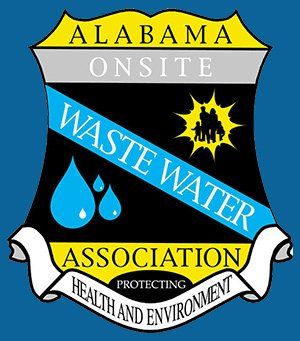Do You Need a Septic System for Your New Restaurant?
- By admin
- •
- 27 May, 2021
- •
If you're a new restaurant owner, your main concern is likely how to run your new business smoothly. But like with any new venture, there'll be a lot to do and learn. You have to consider everything - from hiring the right staff to ensuring proper food waste management.
However, a lot could go wrong, especially with the numerous regulations on restaurant sanitation and waste handling. Luckily, one way to protect your customers from safety hazards is by ensuring that your restaurant has a reliable waste drainage system.
Dishwashing, flushing toilets, and washing of hands contribute a lot of wastewater in a restaurant. As the owner, you have to think about how to drain it all away. Here, you have two options - sewer and septic drainage systems.
How Do Sewer and Septic Drainage Systems Compare?
For sewer systems, the local government in your area is responsible for the maintenance and installation of these drainage units. But a septic tank system will be your responsibility as the restaurant owner. You need to have your maintenance contractor perform routine inspections to keep your septic system functioning properly.
Sewer systems also use chemicals to treat the wastewater and pump it out. However, doing so has adverse effects on the environment. These chemicals often end up in rivers, leading to other concerns, such as preserving aquatic life.
The treatment plants also face a challenge whenever there is heavy rain. Their stability takes a hit as the wastewater becomes too much to handle. It ends up spilling out into the surrounding environment.
Septic systems don't have to deal with such issues. They don't need chemicals to treat the wastewater. Instead, they use microbial bacteria to break down the waste without causing any environmental hazards.
Why Are Septic Tanks Better for Your Restaurant?
Besides being an environmentally friendly alternative, these systems bring other perks with them. These include:
- Better control and affordability. Septic tanks are pretty affordable and give you full control of your restaurant's drainage. You won't have to pay any monthly fees to your local water company.
- Easy maintenance. You only need to pump your tank periodically (every 3 to 5 years for a typical household system, but potentially more often for a restaurant because of its higher use). Frequent inspections and cleaning schedules ensure that your system remains in excellent condition.
- Greater lifespan. Depending on what your tank is made of, you can expect it to serve you for 20 to 30 years. Concrete septic tanks typically last longer.
Will a Septic System Boost Your Restaurant's Health Score?
All restaurants or eateries are subject to unscheduled health inspections. During these visits, a health inspector records how you store and cook food. More importantly, they will assess the overall sanitation of your establishment.
A poor health score translates to bad business for your restaurant. You could end up losing money and customers as well. With a reliable septic system, you have an environmentally safe waste disposal option. Besides, your health score goes up after the inspector is assured of your restaurant's commitment to good sanitation and proper waste disposal practices.
Before installing a septic system, you need to check with your local health department and ask for a permit. State laws often require you to have a licensed septic tank installer do the installation work for you, and the government may even need to approve the septic tank pumping and installation expert. Therefore, be sure to verify your installer's credentials beforehand.
Reach out to Allen Turner Septic Tank today to draft a septic installation plan for your new restaurant. We ensure that your septic tank system remains in excellent condition long after the installation as you focus on improving your business.
